Practicing Mindfulness With Money Can Help Boost Your Financial Wellness
Many people practice mindfulness through yoga, tai chi or other forms of movement, often incorporating breathing exercises. Others rely on their smart watch or phone to ping them at the same time each day, urging them to practice it for a few minutes. While there are many definitions of mindfulness, this one from mindful.org seems to capture it well:
Mindfulness is the basic human ability to be fully present, aware of where we are and what we’re doing, and not overly reactive or overwhelmed by what’s going on around us.
Practicing mindfulness with your money can be a valuable exercise, too. Here are four ways it can help you boost your financial wellness.
Pay Yourself First
Practicing mindfulness here is about determining a savings amount and considering it a bill, the same as any other bill, like electricity or rent. Whether it’s building up an emergency account or saving for some other financial goal, put away what you can, such as $100 a month, $50 or even just $25. Small amounts add up, and can be incrementally increased over time. The good news here is that you’re already practicing pay-yourself-first mindfulness with your 401(k). Which leads us to…
Increase Your Retirement Account Contribution
You should be looking at your retirement account at least once a year and seeing if you can improve how you’re saving for the future (hint: the start of a new year is a great time to do this). For example, how much are you contributing? Are you contributing enough to get the full employer match? Can you increase the amount you are contributing? The longer you put off increasing your retirement savings, the more you miss out on the mindfulness of compound interest. So don’t wait — even a $50 per month increase in retirement savings has the potential to grow to nearly $75,000 over 30 years, assuming an 8% annual rate of growth, compounded monthly.*
Make a Game Out of Saving
A no-spend challenge is when you don’t spend money for a certain period of time. It could be a weekend, a week or a month. You can set rules to spend only on essentials or other allowances. Doing this forces you to be creative with what you have and learn new skills and possibly open up ideas for more ways to save. Visit https://tinyurl.com/yt6cj5rv for more information on taking on a no-spend challenge.
Leverage Technology Apps
One popular savings app is called Acorn (a subscription-based app). You tie Acorn to your debit card, and it rounds the purchase up to the nearest dollar, effectively allowing you to invest your spare change. For example, if you buy something that costs $5.44, when you use your debit card, $6 will be taken out of your account, with $5.44 going to the store and $0.56 going into your investment account. What could be more money mindful than an app that allows you to save money as you make everyday purchases — without having to even think about it?
* This is a hypothetical example and is not representative of any specific situation. Your results will vary. The hypothetical rates of return used do not reflect the deduction of fees and charges inherent to investing.
All companies noted herein are for educational purposes only and not an indication of trading intent or a solicitation of their products or services.
This material was created for educational and informational purposes only and is not intended as ERISA, tax, legal or investment advice. If you are seeking investment advice specific to your needs, such advice services must be obtained on your own separate from this educational material.
Kmotion, Inc., 412 Beavercreek Road, Suite 611, Oregon City, OR 97045; www.kmotion.com
©2022 Kmotion, Inc. This newsletter is a publication of Kmotion, Inc., whose role is solely that of publisher. The articles and opinions in this newsletter are those of Kmotion. The articles and opinions are for general information only and are not intended to provide specific advice or recommendations for any individual. Nothing in this publication shall be construed as providing investment counseling or directing employees to participate in any investment program in any way. Please consult your financial advisor or other appropriate professional for further assistance with regard to your individual situation.

